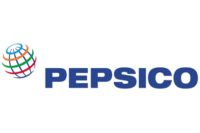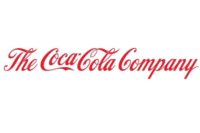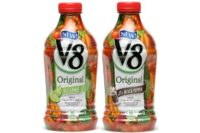PepsiCo Inc., Purchase, N.Y., reported solid volume, revenue and profit results for the third quarter of 2010, driven by broad-based gains across its snack and beverage portfolio and the acquisition of its two anchor bottlers.
"Even in a macroeconomic environment that continues to be challenging, we believe we have achieved top-tier performance among leading consumer staple companies," said PepsiCo Chairwoman and Chief Executive Officer Indra Nooyi, in a statement. "This reflects our steadfast commitment to managing both the short term and long term, by driving balanced growth across our portfolio while making the right strategic investments."
PepsiCo Americas Beverages (PAB) volume, net revenue and operating profit results were driven by the favorable impact of the bottling acquisitions, synergies and improving sequential organic volume trends across its product portfolio in North America, the company said.
Volume in North America, excluding the incremental volume from PepsiCo’s agreement with Dr Pepper Snapple Group, was flat in the quarter with a 1 percentage point sequential improvement versus the second quarter of 2010. In the United States, PAB realized a positive liquid refreshment beverage volume share swing in measured channels, aided by the successful launch of Gatorade's G Series, which drove a mid-teens increase in Gatorade volume, and ready-to-drink teas, which grew at a high-single-digit rate, the company said. PAB's relative carbonated soft drink volume share position also strengthened sequentially in the United States, aided by the relaunch of Pepsi Max.
The company also announced the creation of a new Global Nutrition Group to allow PepsiCo to deliver breakthrough innovation in the areas of fruits and vegetables, grains, dairy and functional nutrition. Based in Chicago, the group will be run by Mehmood Khan, PepsiCo's chief scientific officer, who has been named chief executive officer of the Global Nutrition Group and retains responsibility for PepsiCo's research and development organization.
"The creation of this Global Nutrition Group is part of our long-term strategy to grow our nutrition businesses from about $10 billion in revenues today to $30 billion by 2020," Nooyi said."The market potential is significant, our stable of brands – Quaker, Tropicana, Lebedyansky, Sabra, Alvalle – impressive, and our go-to-market systems powerful. We have been actively ramping up our innovation capabilities and developing strong partnerships with the scientific community, including with universities and research institutions around the world. I believe we are well equipped to deliver authentically nutritious products advantaged by science in an accessible and affordable way to consumers globally."


